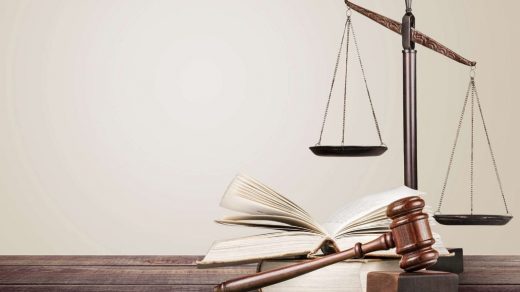Upholding the Sackler release “would leave in place a roadmap for wealthy corporations and individuals
to misuse the bankruptcy system to avoid mass tort liability,” the solicitor general wrote to the Supreme Court. The justices agreed to hear the case
in December—and to pause Purdue’s plan in the meantime.
In sometimes stark language, a number of law professors argue in
amicus briefs that the rationale invoked by the Second Circuit panel is being
used to protect people outside bankruptcy and to strip survivors and others of
their fundamental right to sue and be heard, forcing some of them to take a
deal they don’t agree to. They brand the Sackler release as “abusive,”
a “moral hazard,” and a “descent into lawlessness” in Chapter 11.
A group of Canadian municipalities and First Nations protest the
Sackler release—which voters did not get to approve separately—as barring
“anyone, anywhere, anytime, from filing an opioid-related claim against
thousands of individuals and entities—including generations of Sackler
family members born and unborn, along with officers, directors, trustees and
others for Purdue and its related entities—for their roles in directing,
assisting, and facilitating Purdue’s misconduct.”



